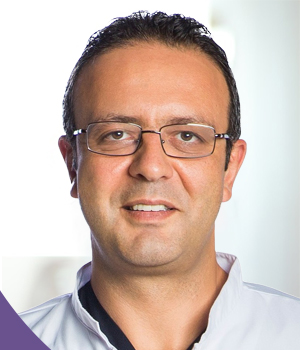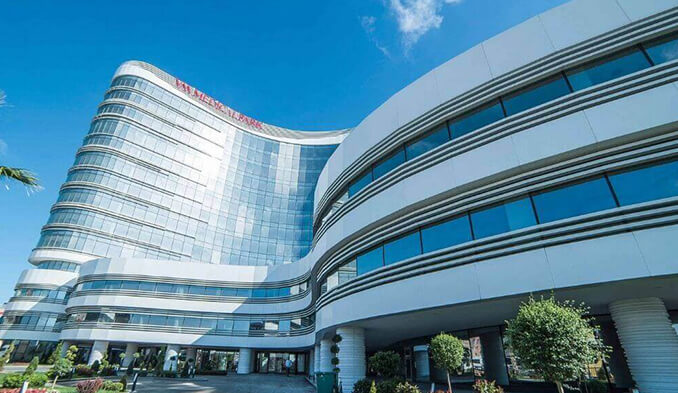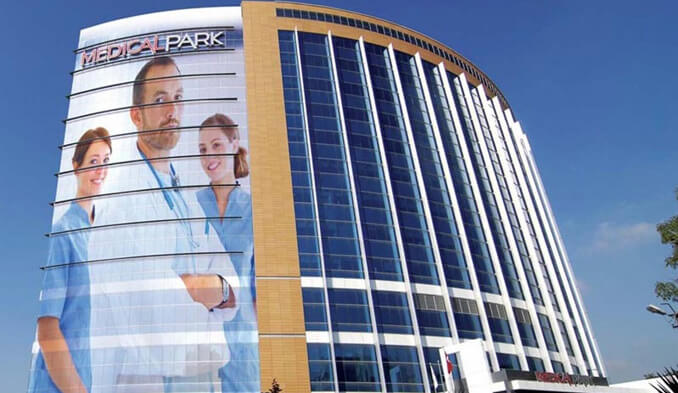Prof. Dr. Samet Yardamji
Which patients are suitable for bariatric surgery?
Patients with a body mass index greater than 40 kg/m2 should be treated by bariatric surgery.
Patients with a body mass index greater than 35 kg/m2 and who have a disease that can be treated by bariatric surgery (such as diabetes - Type 2, hypertension, coronary artery disease, or sleep apnea).
What is a gastric balloon?
In this method, an empty balloon is inserted into the stomach through an endoscopic device. The balloon is then inflated, creating fullness in the patient's stomach, creating a feeling of fullness. This method is non-operative, requires no general anesthesia, and causes no anatomical or hormonal change. It is recommended that the balloon remain in the stomach for a maximum period of 1 year. However, it should be noted that this is a temporary solution.
Types of bariatric surgery:
There are several surgical methods that can be broadly divided into 3 groups.
- Gastric volume reduction surgery:
- Sleeve gastrectomy - This is the most commonly performed intervention among stomach volume reduction surgeries. In it, the stomach is transformed into a thin tube and so the amount of food entering it is less. The part of the stomach that secretes hunger hormone is removed, i.e. appetite is reduced.
- Adjustable gastric band - In this method, a silicone band is placed around the stomach to reduce or increase its volume and is designed to reduce the volume of the stomach. This method is no longer used except in very special cases due to frequent complications.
- Gastric administration - It is based on reducing the volume of the stomach by folding it. This method has remained as an experimental method of treatment.
- Operations disrupting the absorption of food. Food bypasses part of the small intestine, avoiding nutrients from entering the blood.
- Operations developed by combining the first two methods, such as gastric bypass or mini gastric bypass.
Not every surgical method is applicable to every patient. The ideal type of surgery should be determined based on the patient's characteristics.
Metabolic surgery:
Metabolic surgery cures many diseases, including diabetes. To varying degrees, hypertension, sleep apnea, asthma, cholesterol disorders, fatty liver disease, gout, joint disorders such as disc herniation, even migraines are affected and can be reversed. Naturally, the risk of heart attack also decreases in the postoperative period. The likelihood in women of developing breast and uterine cancers decreases significantly. In addition, the likelihood of developing colorectal cancer, esophageal cancer, colon cancer, kidney cancer and pancreatic cancer decreases.
Revision Surgery:
As good as a bariatric surgery is, there is little risk of insufficient weight loss or weight regain. In these cases, a second bariatric surgery can be performed, which is called revision surgery. Revision surgeries are very specific procedures requiring considerable experience and skill.
What is gastric botox?
Gastric Botox - a new method of weight loss based on the principle of injecting botulinum toxin into specific parts of the stomach using an endoscope. The stomach muscles are contracted and the gastric emptying time is slowed down, achieving loss of appetite in the patient.

















